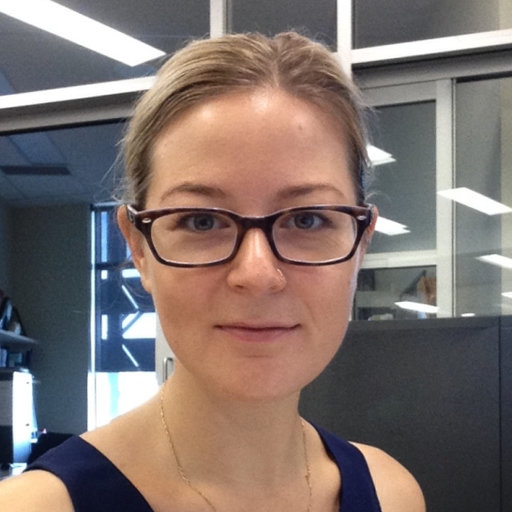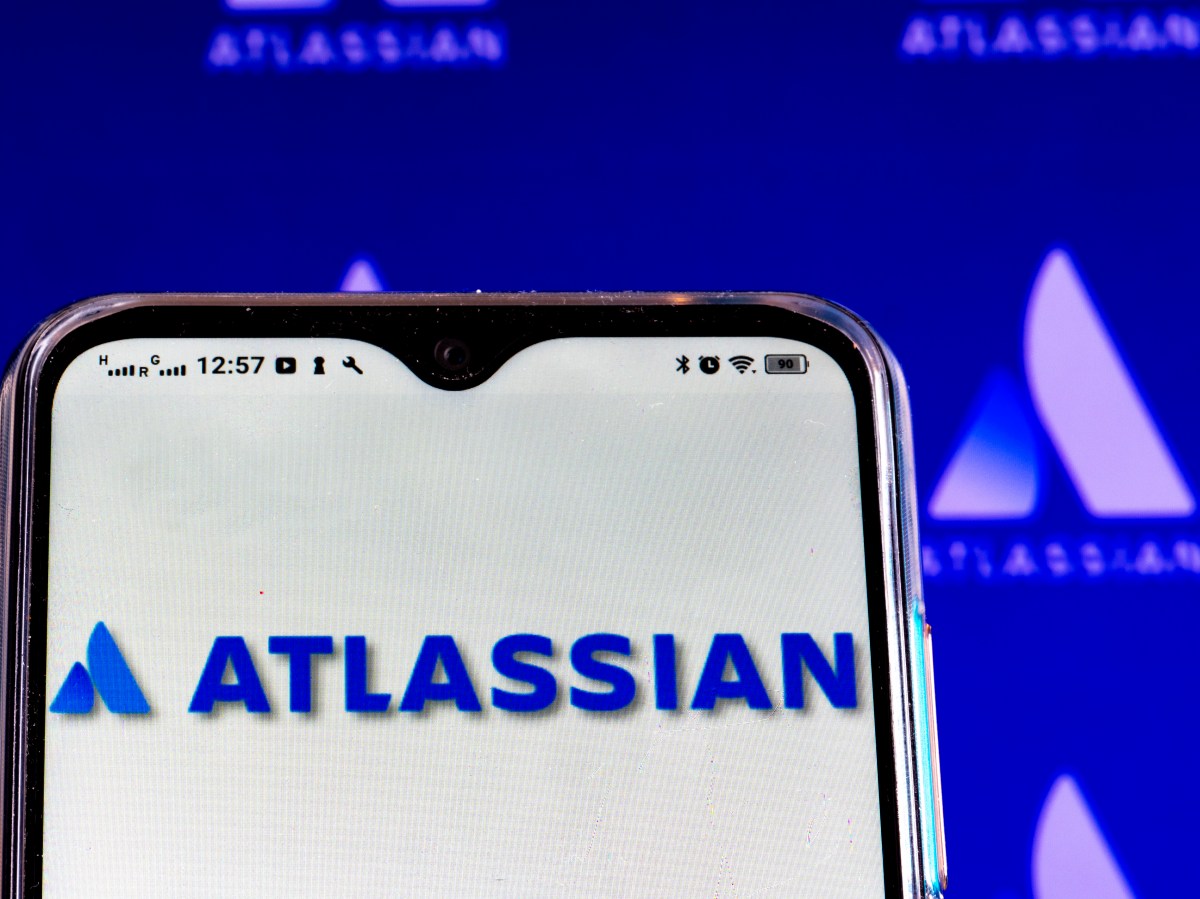Data61 – the data and digital arm of Australia’s national science agency CSIRO – had four scientists nominated for APAC Women in AI awards. These two took home top prizes.

The Women in AI organisation works to ensure AI accurately reflects the multicultural, multidimensional nature of society. Its annual Women in AI awards honour women making significant advances in the field of AI in technical computer-science-related roles, and non-technical roles – for example incorporating AI into law, economics, business, education, creative industries and social good.
Four scientists from Data 61 – the CSIRO division focused on developing responsible artificial intelligence, quantum algorithms, and world-leading robotics – were nominated for the APAC awards this year. Here are the two researchers that came out on top.
Winner of AI in education award
Sarah Bentley

Sarah runs a Data61 research program focusing on the translation of Responsible AI principles into measurable AI practice. Focusing on generative AI as a form of knowledge tool, Sarah’s work explores how this technology is perceived, used, and experienced by different sections of society.
“The research we do at CSIRO tackles the pressing question of how to integrate Artificial Intelligence responsibly here in Australia. As a social psychologist, my work focuses on understanding the impact of AI on all groups within society,” says Bentley.
The key questions Bentley’s research answers are:
- How can we design and deploy this technology inclusively?
- How can we ensure this technology diminishes the digital divide?
- How can we use this technology to promote critical and non-dependent thinking in today’s learners?
“My research targets the differentials between different societal groups, allowing us to design, develop, and deploy tech that can mitigate these inequities. AI technologies, and generative AI in particular, is immensely powerful, and can be used in many innovative ways,” says Bentley.
The research scientist is based in Queensland and before joining CSIRO did a post-doc at the University of Queensland.
“We know that today there are many in Australia who are still digitally excluded – meaning they are not able to benefit from the advantages of digital technology, whether at school, at work, or elsewhere. This disadvantage is associated with lower educational outcomes, as well as poor health and well-being. As a society, we must ensure that AI is used to reduce – not widen – this divide,” says Bentley.
Winner of AI in Creative Industries award
Sarah Kaur

Kaur is the lead designer for several CSIRO and National AI Centre (NAIC) Responsible AI projects, including the ‘AI Impact Navigator’ framework. The initiative is developed through an Environmental, Social and Governance (ESG) lens. It aims to guide board directors and CEOs to publicly disclose how and what impact the use of AI has.
“Our research ensures that AI technologies can be developed with a strong ethical framework, designed to be equitable and to serve the broader community effectively. As a designer, my role in these projects is to bridge the gap between research, lived experience, and practical application,” says Kaur.
The AI Impact Navigator tool was designed in consultation with Responsible AI leaders from ASX-listed companies and international tech organisations.
“By working directly with users and developers of AI systems, I ensure that human needs, values, and real-world practicalities are at the forefront of AI development. These efforts collectively advance Australia’s leadership in responsible AI, ensuring that innovation is balanced with ethical considerations and societal impact,” says Kaur.”
Data61’s Muneera Bano and Emma Schleiger were also nominated for Women in AI awards.
Muneera Bano
Nomination: AI for Social Good

Bano’s work aims to integrate D&I principles across the entire AI ecosystem, encompassing humans, data, processes, systems, and governance. She has been leading the research and contributing to the development of normative definitions, guidelines, tools, and evaluation frameworks for D&I in AI.
Bano has won several accolades including the overall winner of the 2019 ‘Most Influential Asian-Australian Under 40’ leader award. She was also recognised as a ‘Superstar of STEM’ by Science & Technology Australia.
Emma Schleiger
Nomination: AI in Law

Schleiger’s research explores the relationship between humans and digital technologies across energy, agriculture, future workforces, and healthcare.
The common thread in her research is how digital technologies can address and transform societal challenges, and unlock new opportunities for innovation. She focuses on the ethical dimensions of AI, specifically whether its development and deployment lead to responsible and equitable outcomes.
The Women in AI organisation
The WAI community consists of:
- 8,849 members, 96% are women
- 55.5% are between 25 and 40 years old
- Technical expertise in computer science, IT, AI
- Non-technical expertise in law, economics, business
- 200 volunteers from 140 different countries
Are you – or is someone you know -creating the next Afterpay or Canva? Nominations are open for Forbes Australia’s first 30 under 30 list. Entries close midnight, July 30, 2024.
Look back on the week that was with hand-picked articles from Australia and around the world. Sign up to the Forbes Australia newsletter here or become a member here.


